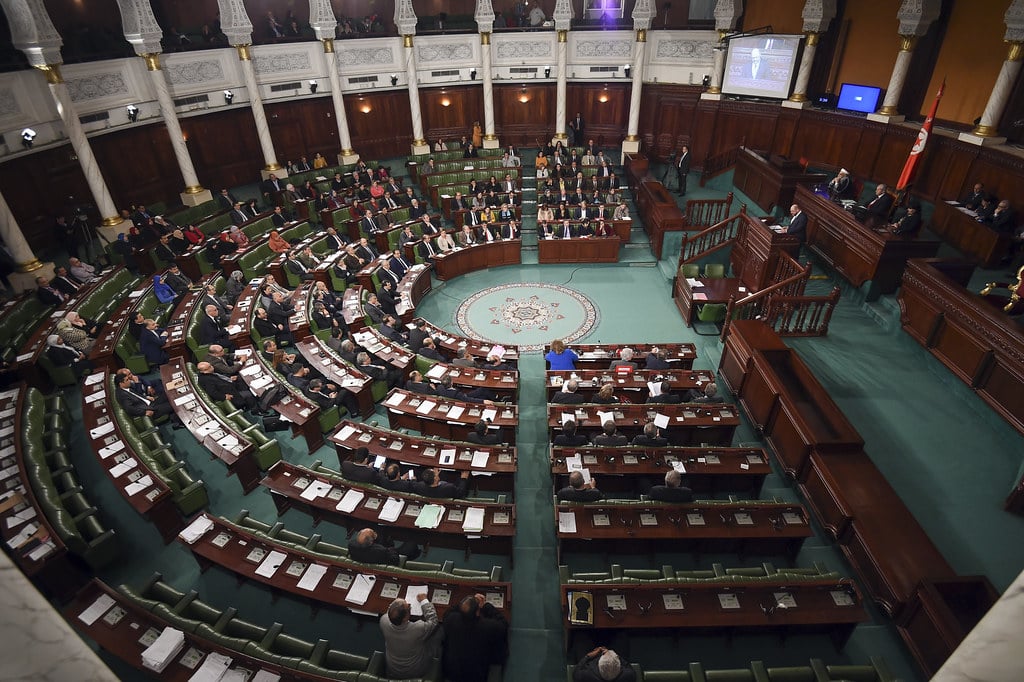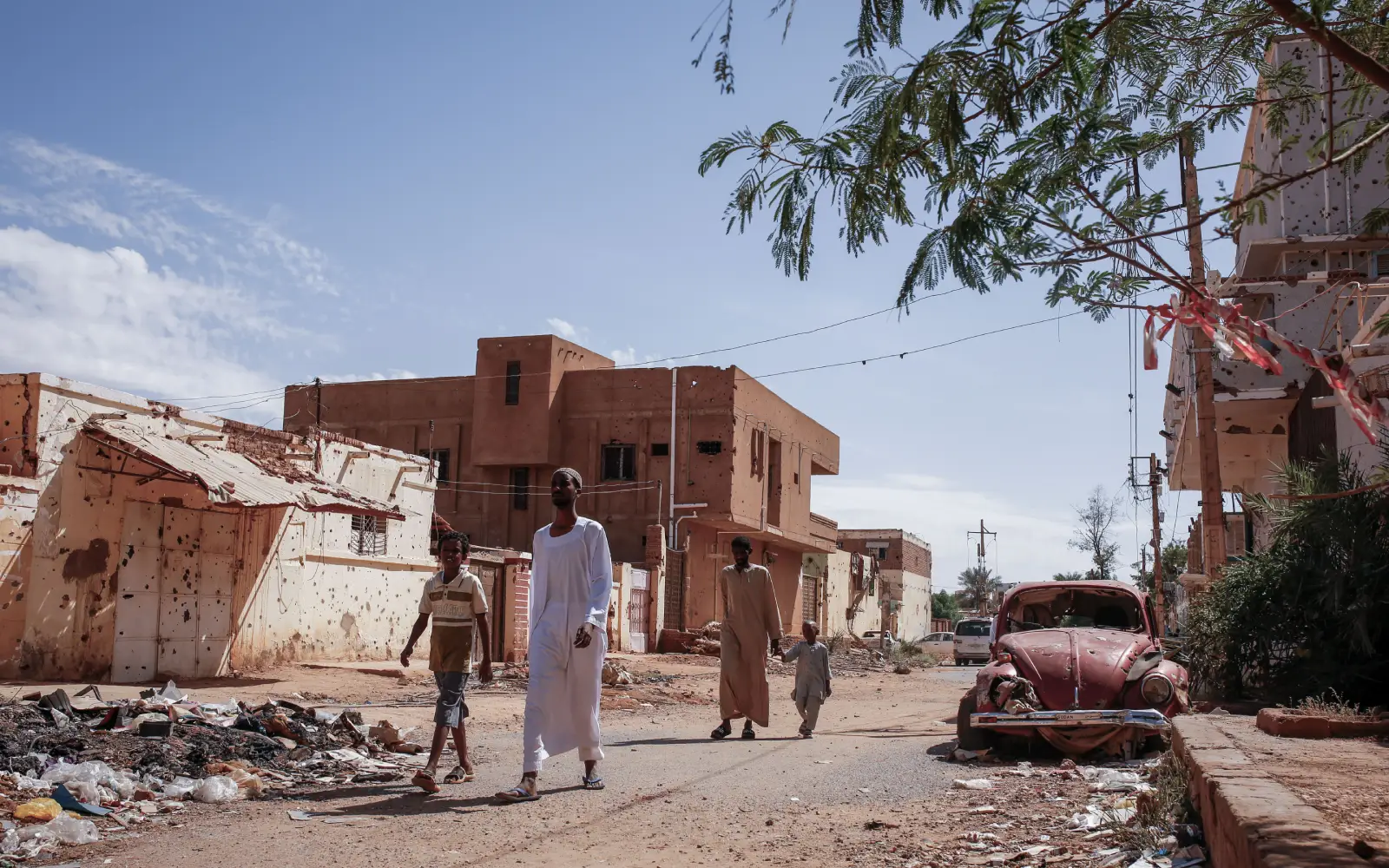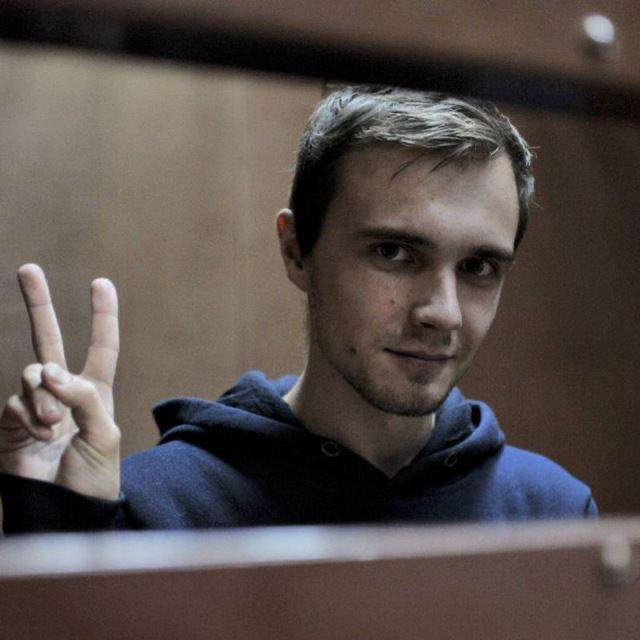Much has happened in Tunisian politics in the past month. For instance, after months of discussions, Prime Minister-designate Habib Jemli presented his cabinet in early January, which was then rejected by parliament on 10 January. Then, on 20 January, Elyes Fakhfakh was nominated by President Kais Saied as the new prime minister whose job it is now to form a new cabinet within one month that does manage to win the confidence of parliament.
Parliamentary and presidential elections took place in Tunisia in September and October 2019. Kais Saied took office as president in October after winning in the second round of voting from media tycoon and political outsider Nabil Karoui. In the parliamentary elections, no party or political bloc gained enough seats for a majority which meant a complex coalition process had to start. Habib Jemli was nominated by moderate-Islamist Ennahda, the largest party in the Tunisian parliament, to lead this coalition process. After months of negotiations in which he promised to form a cabinet of independent technocrats, he presented a proposal in early January. But with only 72 votes out of 213, the proposal was rejected on 10 January, not entirely unexpectedly. 10 days later, Elyes Fakhfakh, former finance minister and presidential candidate, was nominated as the new prime minister by President Saied. Nominating Fakhfakh as the new prime minister underlines economic reforms as a priority.
Who is Elyes Fakhfakh?
Prime Minister Fakhfakh, at 48, is a young but not new face in Tunisian politics. Fakhfakh worked for the energy company Total in France and returned to Tunisia in the 2000s. After the 2011 revolution, he joined the Jebali government as tourism minister and in 2012 he also took charge of the finance ministry. Fakhfakh was a member of the Democratic Forum for Labour and Freedom-Ettakatol, Tunisia's social democratic political party, but officially resigned after he was nominated prime minister to fully engage in government formation.
With his resignation as a member of Ettakatol, Elyes Fakhfakh wants to stand as an independent formateur. To form a new cabinet, he wants a government based on the values of the 2011 revolution. Fakhfakh wants to form a smaller cabinet that will consist of fewer ministers, on the one hand, and also fewer parties, namely only those committed to the values of the revolution, on the other. With this smaller cabinet, he puts tackling unemployment and improving public services as top priorities. This also means that some parties will be excluded in the coalition-building process, something that not all parties, including Qalb Tounes, agree with.
Comments Off on the appointment of Elyes Fakhfakh
President Kais Saied's choice to nominate Elyes Fakhfakh as prime minister caused mixed reactions from the political parties. Qalb Tounes, the second-largest bloc in parliament, questioned the method for appointing Fakhfakh because, in their view, it was not in line with the constitution and the will of most of the parties represented in parliament. In addition, as a presidential candidate, Fakhfakh had taken progressive positions that appear to conflict with those of conservative President Saied making it unclear how these two men could rule a country together. In contrast, European Council analyst Anthony Dwokin stated about Fakhfakh: "He has government experience, he is a credible figure, he is independent of the major political parties, but he is positioned in such a way that he can get political support from them."
Ennahda, the largest party in parliament, last week rejected the idea of a government that excluded other parties and clarified that it is ready to face new elections. This may be due to the setback Ennahda is facing after their nominated prime minister Habib Jemli was unable to win the confidence of parliament. Many parties and members of civil society accused Jemli of appointing pro-Ennahda magistrates to key positions such as the justice ministry with the aim of grabbing more power. This makes the rejection of Jemli's coalition proposal a direct setback for Ennahda. Despite playing an important role in governments and coming first in several elections, Ennahda's vote share and number of seats has dropped significantly. New elections, to which Ennahda seems willing, could benefit Ennahda.
How next?
It is now up to Elyes Fakhfakh to do what Habib Jemli failed to do; form a cabinet in which parliament has confidence. Forming a coalition is very important because Tunisia has been facing social and economic problems for years. These problems lead to great discontent among citizens and distrust in politics and political parties. Whether Fakhfakh succeeds in improving the economy will depend on his ability to negotiate with the country's powerful trade unions, bring in foreign investment and overcome internal resistance to reforms. Before he can embark on this, he will have to win the confidence of parliament.
Photo: Flickr (2016)





